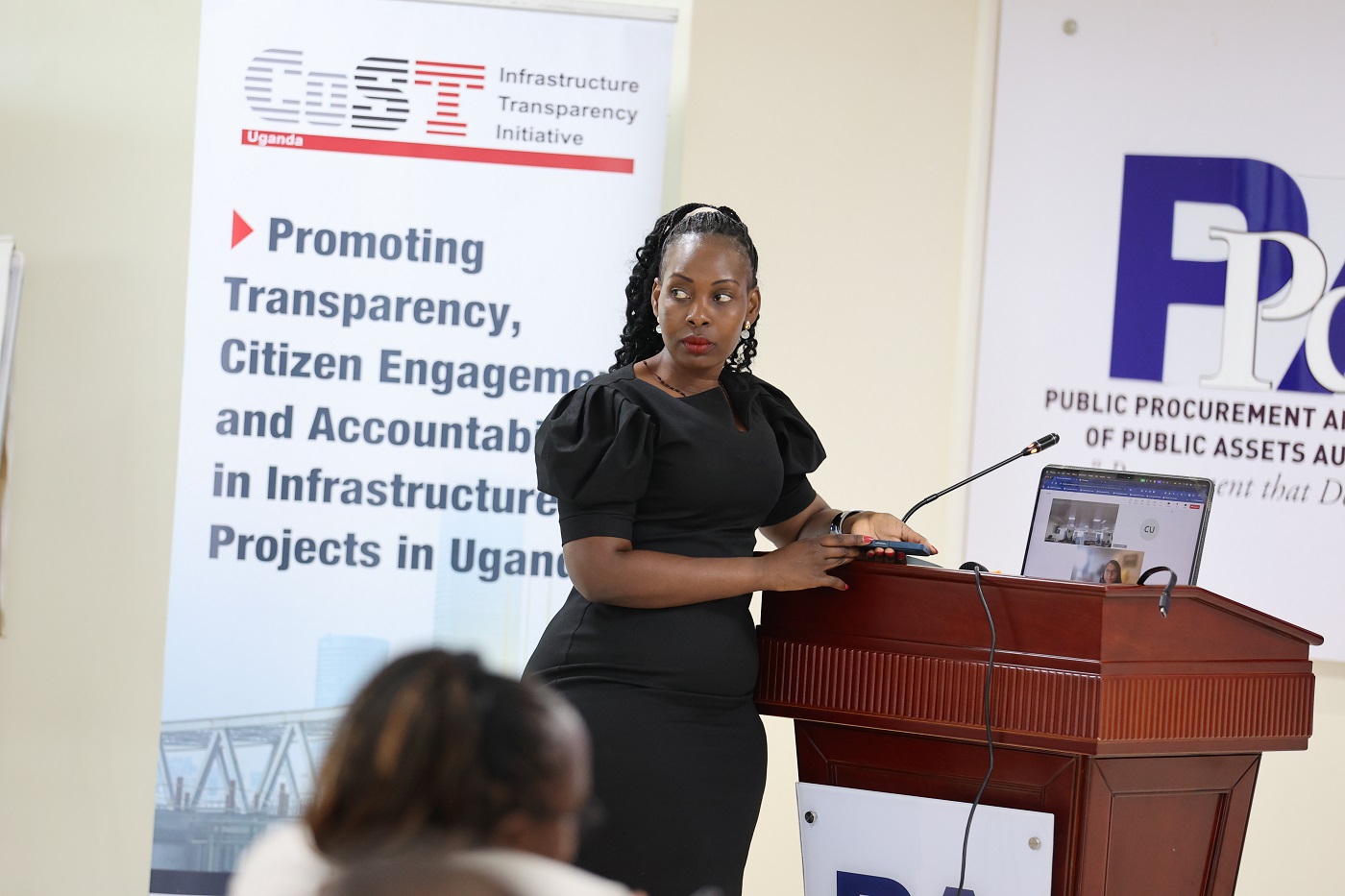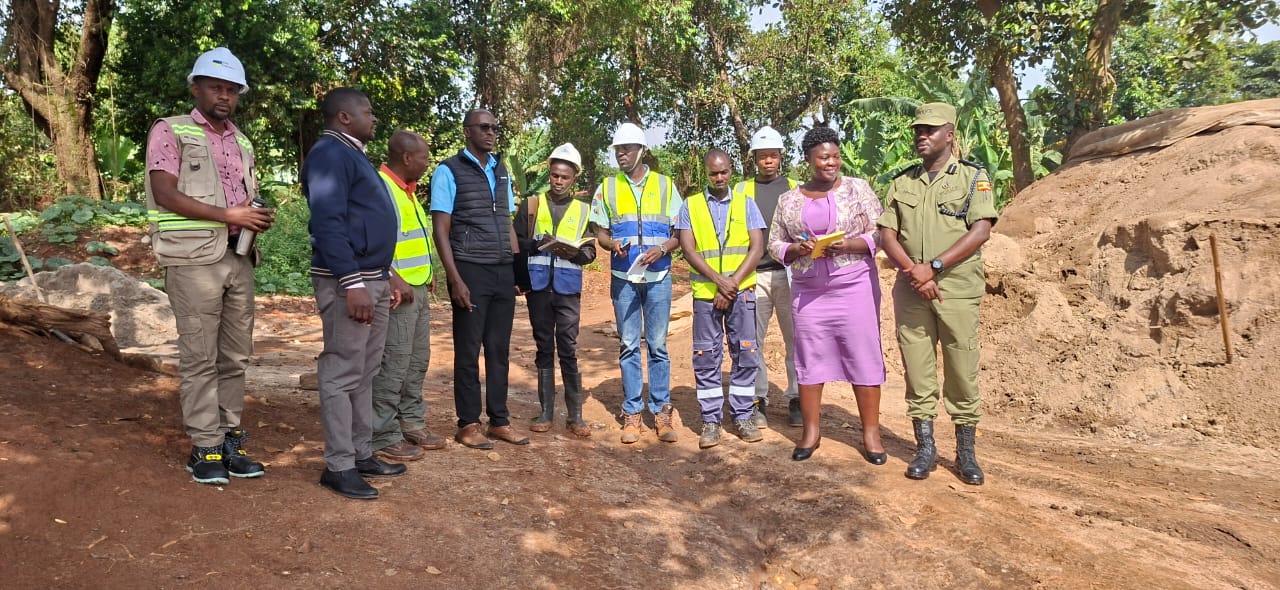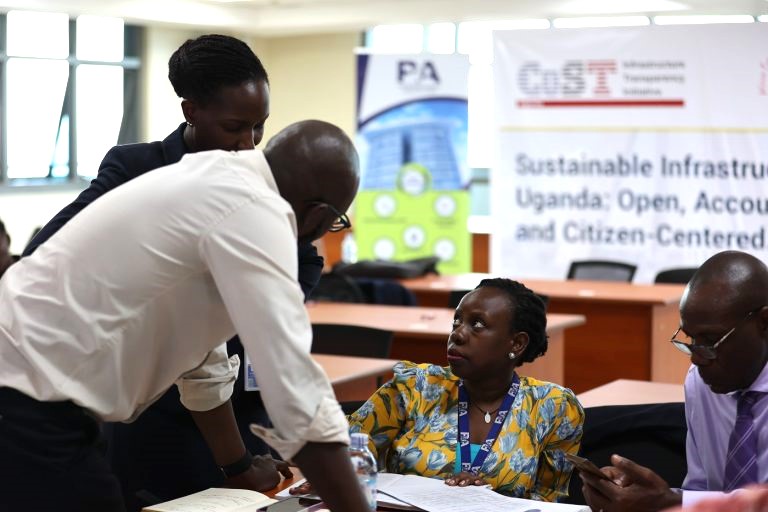
KAMPALA, Uganda March 15 [SHIFTMEDIA] When the government embarks on infrastructure development, the expectation is that these projects will bring growth, ease transportation, and improve livelihoods. However, in many cases, road construction comes with both benefits and drawbacks for the local communities. CoST Uganda (Infrastructure Transparency Initiative) in partnership with the Kampala Capital City Authority (KCCA), recently organized community dialogues (Baraza’s) in Nakawa, Rubaga, and Makindye divisions to gather firsthand accounts of how these projects impact the people.
Promises and Disruptions: Nakawa Division’s Perspective
In Nakawa Division, the ongoing reconstruction and dualling of the 10.01km Port-Bell and Spring Roads, funded by the Africa Development Bank (AfDB) at a cost of USD 37,788,997, has been met with mixed reactions. At a Baraza held at Mbuya II Community Hall, residents expressed gratitude for the development but lamented the lack of prior consultation.
“We appreciate the road works, but most often, we are not consulted. One day, we just wake up to find graders and loaders starting work. The dust affects our businesses,” said Shamin Kakeeto, a resident of Mbuya II.

Nakawa Mayor Paul Mugambe acknowledged the residents’ concerns but emphasized the long-term benefits of good roads. “With good roads, our citizens can easily access schools and markets,” he stated, calling for more collaboration between the government and communities.



